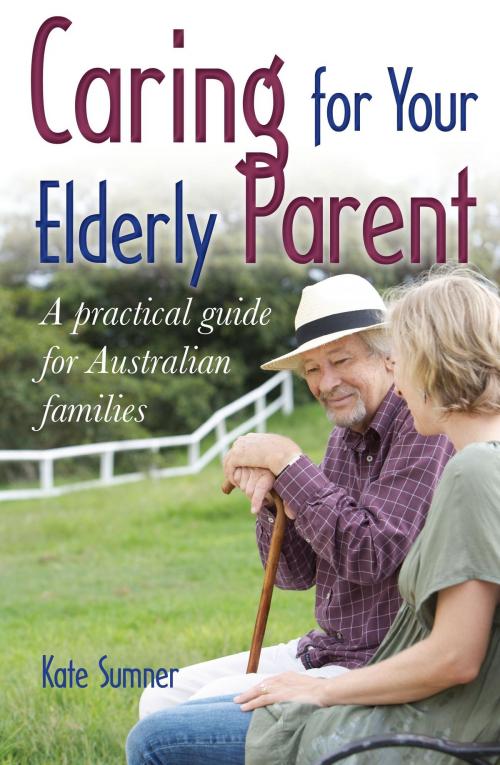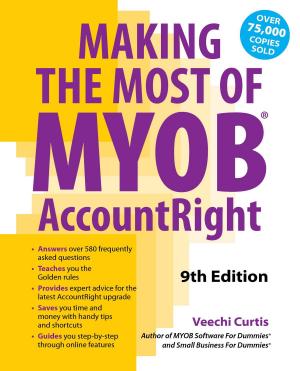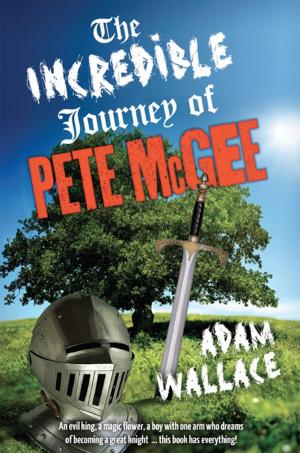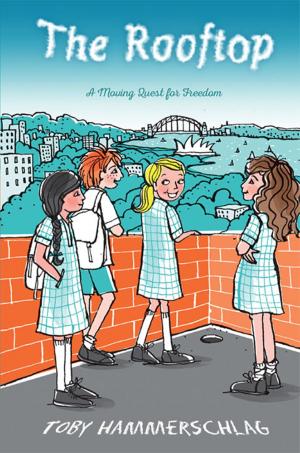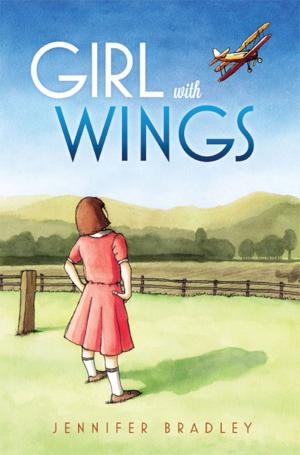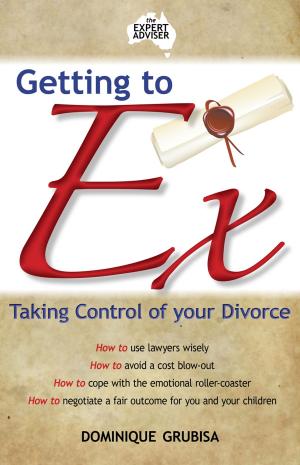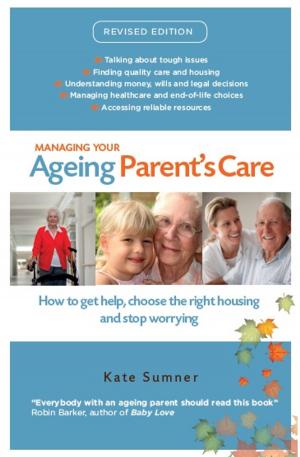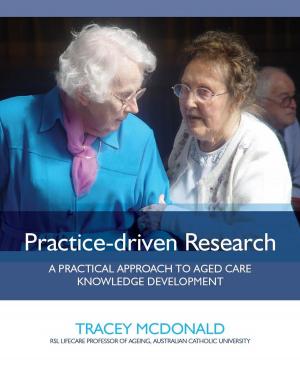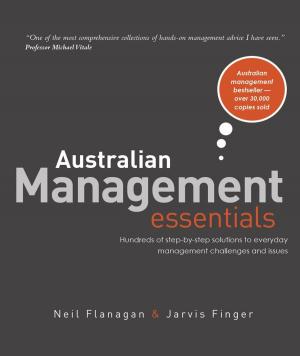| Author: | Kate Sumner | ISBN: | 9781921683985 |
| Publisher: | Woodslane Press | Publication: | May 5, 2011 |
| Imprint: | Language: | English |
| Author: | Kate Sumner |
| ISBN: | 9781921683985 |
| Publisher: | Woodslane Press |
| Publication: | May 5, 2011 |
| Imprint: | |
| Language: | English |
We are part of the first generation in human history that could spend more time caring for our elderly parents than we did caring for our children. Today, more than two million Australians are over 70 years of age; by the year 2050 seniors are likely to make up almost 30 percent of the population. As our population increases and ages, we need more government funding of aged care, more home help services, more hostels and nursing homes, more palliative care and more people willing to take care of seniors living well into advanced old age. The implications of this are not just political; they are very personal. At some stage in life, most of us will help an elderly friend, parent, partner, relative or spouse make important decisions about their health and wellbeing, housing, care, finances, legal affairs and end of life care. About one in eight Australians provides unpaid care to a disabled, frail or sick family member. Carers' work is the foundation of the aged care system in Australia, yet we often come to the role with little experience or knowledge of what it means to grow old, frail and lose independence, what kind of help older people need, what care is available in Australia and how to access it. This new title has been written for any Australian who loves and cares for an elderly parent or other person, who is suddenly responsible for an elderly person's wellbeing, or who simply wants to prepare for the future. It includes practical strategies for assessing older people's needs; dealing with family dynamics; finding home help; preventing falls and other accidents; moving into an aged care home; managing financial and legal affairs; and getting the best possible medical and end-of- life care. Filled with practical information to help Australian families plan ahead, make wise decisions and manage the inevitable crises, Caring For Your Elderly Parent is the most comprehensive guide to planning aged care available.
We are part of the first generation in human history that could spend more time caring for our elderly parents than we did caring for our children. Today, more than two million Australians are over 70 years of age; by the year 2050 seniors are likely to make up almost 30 percent of the population. As our population increases and ages, we need more government funding of aged care, more home help services, more hostels and nursing homes, more palliative care and more people willing to take care of seniors living well into advanced old age. The implications of this are not just political; they are very personal. At some stage in life, most of us will help an elderly friend, parent, partner, relative or spouse make important decisions about their health and wellbeing, housing, care, finances, legal affairs and end of life care. About one in eight Australians provides unpaid care to a disabled, frail or sick family member. Carers' work is the foundation of the aged care system in Australia, yet we often come to the role with little experience or knowledge of what it means to grow old, frail and lose independence, what kind of help older people need, what care is available in Australia and how to access it. This new title has been written for any Australian who loves and cares for an elderly parent or other person, who is suddenly responsible for an elderly person's wellbeing, or who simply wants to prepare for the future. It includes practical strategies for assessing older people's needs; dealing with family dynamics; finding home help; preventing falls and other accidents; moving into an aged care home; managing financial and legal affairs; and getting the best possible medical and end-of- life care. Filled with practical information to help Australian families plan ahead, make wise decisions and manage the inevitable crises, Caring For Your Elderly Parent is the most comprehensive guide to planning aged care available.
